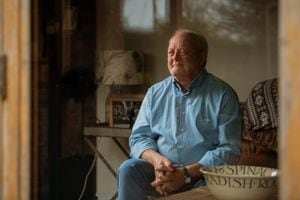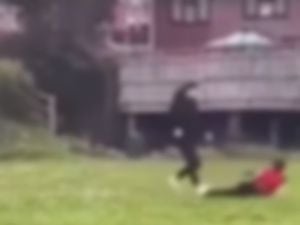Shropshire Star comment: We must talk about dementia
We need to talk about dementia. Because the figures for those affected are already talking to us.

By 2021, which is no time at all, it is predicted that over a million people in the UK will be living with dementia.
This term is for a syndrome which encompasses a range of conditions involving a decline of brain functioning for which currently there is no cure, and conjures up in public imagination a picture of elderly people who have withdrawn into their own worlds and can no longer be reached by their loved ones.
So it is helpful in terms of awareness to hear in our pages today from 67-year-old George Rook, who lives near Ellesmere, about what it is like to be affected. He is one of those living with dementia, with the emphasis on the word living.
In many respects he comes across, for want of a better word, as “normal” in that he can hold a conversation and is functioning well, although he can struggle in certain situations. He knows what is happening, and can speak openly about what lies ahead in the knowledge that all those things he and his wife were looking forward to in retirement, they may not be able to do.
People who have relatives with dementia sometimes talk about it as like a form of bereavement. The person they knew is gradually lost before their eyes. As the condition progresses, the person with dementia may reach a stage where they no longer know who their family are.
It is incredibly distressing for relatives, and the person with dementia will need to be cared for.
This is part of the story, but not the whole story. Every case is an individual case and many people diagnosed with dementia are still able to live independently for a number of years, and enjoy active and fulfilling lives.
George set up the Shropshire Dementia Action Alliance, and is its chairman. He is working to improve awareness, and care and support.
He accepts that his dementia will only get worse.
“What I see in the future is not taking part,” he says.
For society, and until a cure is found, the challenge will be to ensure that, through appropriate support and treatment, people like George can continue to “take part” for as long as possible.





